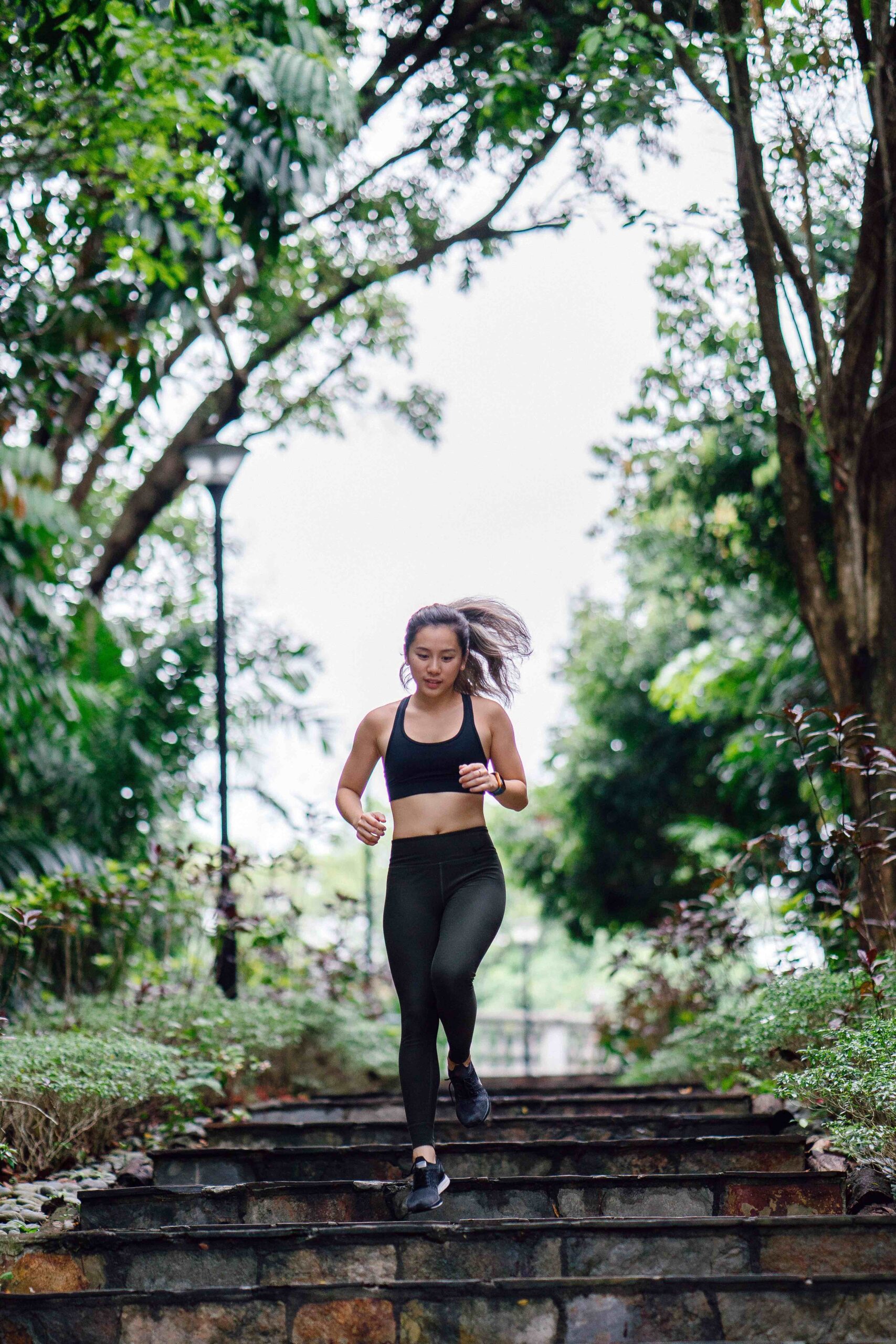In the past, rumours surrounding a vegan diet have been abound. Off-putting stereotypes have flooded the airwaves and our minds have been filled with horror stories of lack of energy, malnutrition and nutrient deficits – none of which sound good in the first place, let alone being conducive to making exercise a regular part of your lifestyle.
But did you know that, when done right, a healthy vegan diet can actually leave you more energised, feeling better in yourself and more able to carry out decent levels of exercise?
Yes, we know that the presence of protein, something which our body relies on for building and repairing muscles, is predominantly famous for being found in meat and dairy sources. But these days, it’s just as easy to get it from elsewhere, should you choose a vegan diet. Just check out the levels of protein in tofu, seitan, beans, lentils and chickpeas, for example.
It’s important to ensure you’re getting the right levels of vitamins, minerals, protein, fibre and carbs into your diet, whether you’re a meat lover or not. And we all know that certain fast foods and ready meals, for instance have low to no nutritional value, whether they contain meat or not.
It’s getting the right levels of nutrition and a balanced healthy diet which is what makes exercise more achievable and together makes you fitter and healthier all round.
So, what should person on a vegan diet consider when exercising?
Make sure to eat the right food before and after exercising
Remember to never eat directly before exercise, however, it’s important to get a good amount of carbs and some protein 1-3 hours before, this enables the slow release of energy and better allows your muscles to repair after the strain of exercise.
After exercising, again ensure you get plenty of protein and hydration, in order to enable your body to best repair and recover.
If exercise is new to you – start slow
A marathon was never prepared for in a day, you have to build up slowly to high levels of intense or tough exercise, or run a higher risk of injury. When incorporating regular exercise into your lifestyle for the first time, start with regular walks, swims or beginners’ yoga, then listen to your body as you work up to tougher forms of exercise. And make sure to take regular rest days and get plenty of sleep in between workout days, this again will enable your body to repair and recover well.
Get plenty of the nutrients in other ways
When exercising regularly it’s important to eat a healthy balanced diet, but, specifically, you need to ensure plenty of the following vitamins and minerals are present:
● Iron – carries oxygen to muscles and enables them to work at their full potential. Great sources can be found in green leafy vegetables, beans, peas and lentils.
● B vitamins (including B1, B2, B3, B6, B12 and folate) – these help to convert food into energy, and enable the build and repair of muscles. Excellent sources are in grain products, nuts, seeds, beans and soy foods.
● Calcium (for strong bones) and Vitamin D (Vitamin D enables the calcium to be absorbed into the body). You can get this in fortified soy, almond and rice products.
● Vitamins A,C & E for their immune boosting antioxidant properties – perfect sources are brightly coloured fruit and vegetables, such as oranges, peppers and tomatoes, dark leafy green vegetables. In addition, nuts and seeds offer plenty of vitamin E – as, of course, does getting oodles of sunshine!
